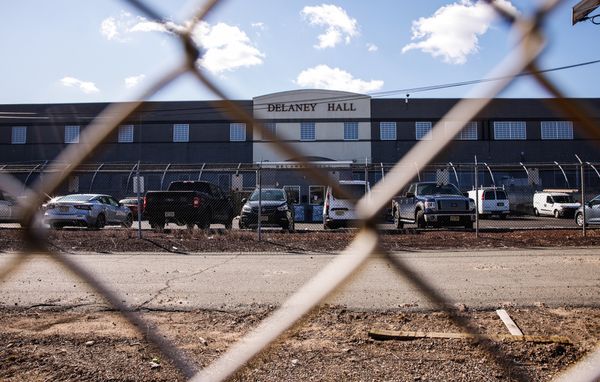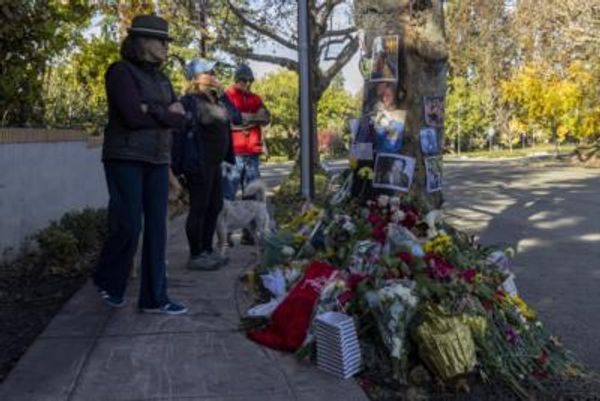
A coalition of national, state and city nonprofit organizations is looking to help some people with housing while their cases move through the courts.
People released on individual recognizance, or I-bonds, can get help paying rent or finding housing from a program backed by the Chicago Low-Income Housing Trust Fund, The Bail Project and the Lawndale Christian Legal Center.
Six people have been housed since the groups started working together in mid-June. The program has 50 units waiting to be filled by any Chicago residents on personal recognizance who qualify, meaning they make less than 30% of the city’s area median income: $21,900.
The Lawndale Christian Legal Center interviews new arrestees to weigh their needs. If housing is one of them, the process starts, and the Chicago Low-Income Housing Trust Fund — which specializes in helping low-income residents with rent assistance — will work with landlords and clients to find them housing.
Amy Campanelli, the vice president of restorative justice at Lawndale Christian Legal Center and former Cook County public defender, said the program is largely about stabilizing people so they can get back on their feet.
“If you were hungry and you were in pain and don’t have food, what would you be thinking about?” Campanelli said. “Not your next court date.”
The partnership is an expansion of the $2.9 million team up between The Bail Project and Lawndale Christian Legal Center — a city group that gives legal, social and psychological aid to people under 25 in North Lawndale, Austin, East Garfield Park and Little Village.
Matthew McFarland, the director of community release with support at The Bail Project, said it’s important for people to have a “home base.”
“It really is the bedrock through which all those other social determinants of health depend on,” McFarland said. “What we’re working on today is to create the infrastructure of support.”

A 2020 study published by the National Institutes of Health and the U.S. Department of Health and Human Services found housing insecurity was among the factors contributing to recidivism in a parolee population in San Francisco.
“Housing is really a central thing to preventing recidivism but also to allowing people to thrive,” said Aaron Gottlieb, one of the study’s authors and an assistant professor in the Crown Family School of Social Work, Policy, and Practice at the University of Chicago. “If we can’t meet our basic needs as people, we can’t do those other things we want to do like have a fulfilling job or have a family life.”
McFarland said he anticipates challenges with how people view the justice system, adding that a “statewide paradigm shift” is needed because some people have voiced concerns about the end of cash bail increasing crime.
For those worried about safety, McFarland said the program goes beyond just serving the people directly affected by it, as the benefits of what he hopes will become a national model can affect the city as a whole.
“People have to understand. … This work is violence prevention, crime prevention and recidivism prevention,” McFarland said. “It’s trajectory changing.”







